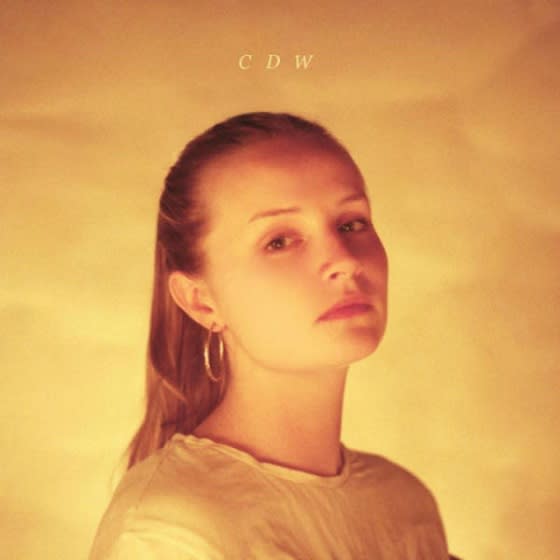Charlotte Day Wilson may be commonly placed within the alt-R&B box in conversations surrounding the latest wave of rising Toronto musical talent, but as she recently told Exclaim!, it isn't somewhere she expects to stay forever.
Known as a vocal powerhouse with the Wayo before a recent feature for BADBADNOTGOOD brought her name to a wider audience, Wilson's CDW EP is not only an excellent primer for those still yet to be acquainted, but a map for all sorts of other musical avenues she could explore.
Bookended by two heavily layered, ambient-leaning tracks, four core songs drive CDW in four different musical directions. "Work" waltzes hymn-like, while "After All" toes a line between jazz and electronic with its simple, infectious melody. The River Tiber-assisted "Where Do You Go" is a highlight, an aching arrangement of keys, pianos, subtle strings and saxophone, while "Find You" is most true to the alt-R&B label Wilson has been saddled with, its key change from minor to major providing wonderful resolution.
None of the instrumentals overtake Wilson's soulful voice as she sings lyrics of love and loss, at times cautiously optimistic, others forlorn. There is beauty to be found within both moods, though; take, for example, the harmonies in Wilson's delivery of "I thought that you had my back" on "Where Do You Go." The combination of Wilson's voice and production makes even the gloomier moments feel comforting.
(Independent)Known as a vocal powerhouse with the Wayo before a recent feature for BADBADNOTGOOD brought her name to a wider audience, Wilson's CDW EP is not only an excellent primer for those still yet to be acquainted, but a map for all sorts of other musical avenues she could explore.
Bookended by two heavily layered, ambient-leaning tracks, four core songs drive CDW in four different musical directions. "Work" waltzes hymn-like, while "After All" toes a line between jazz and electronic with its simple, infectious melody. The River Tiber-assisted "Where Do You Go" is a highlight, an aching arrangement of keys, pianos, subtle strings and saxophone, while "Find You" is most true to the alt-R&B label Wilson has been saddled with, its key change from minor to major providing wonderful resolution.
None of the instrumentals overtake Wilson's soulful voice as she sings lyrics of love and loss, at times cautiously optimistic, others forlorn. There is beauty to be found within both moods, though; take, for example, the harmonies in Wilson's delivery of "I thought that you had my back" on "Where Do You Go." The combination of Wilson's voice and production makes even the gloomier moments feel comforting.
